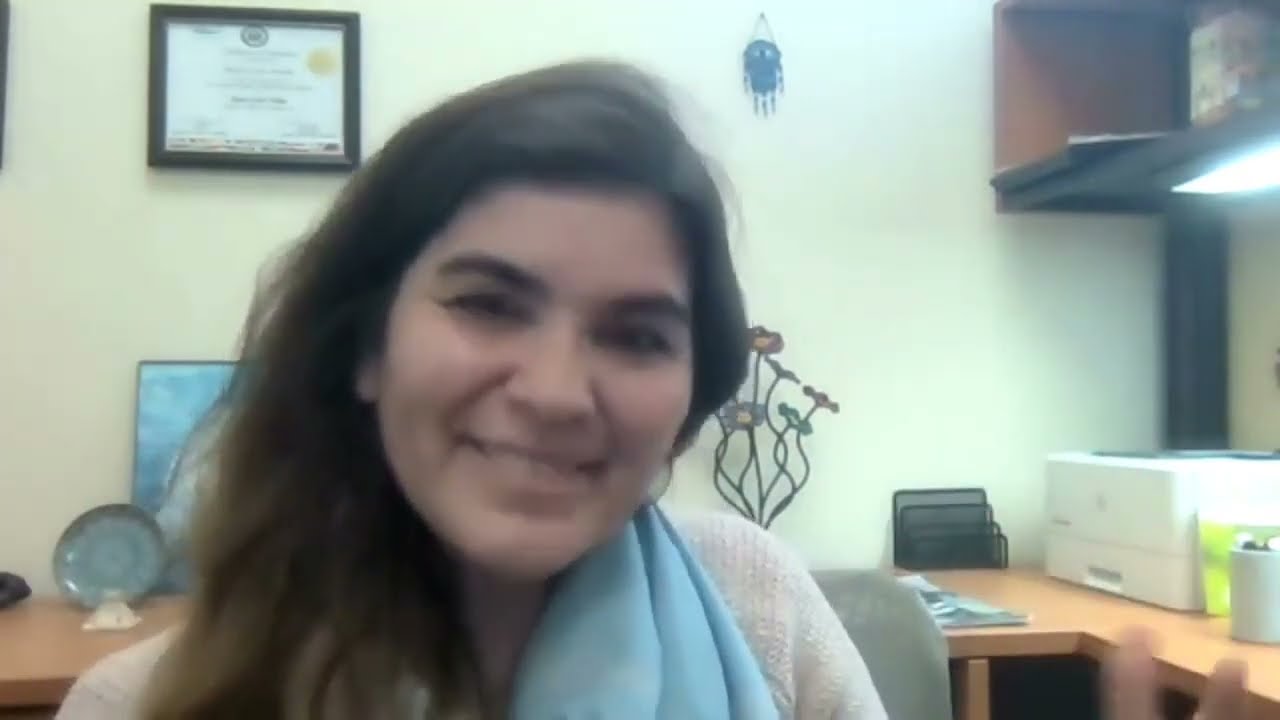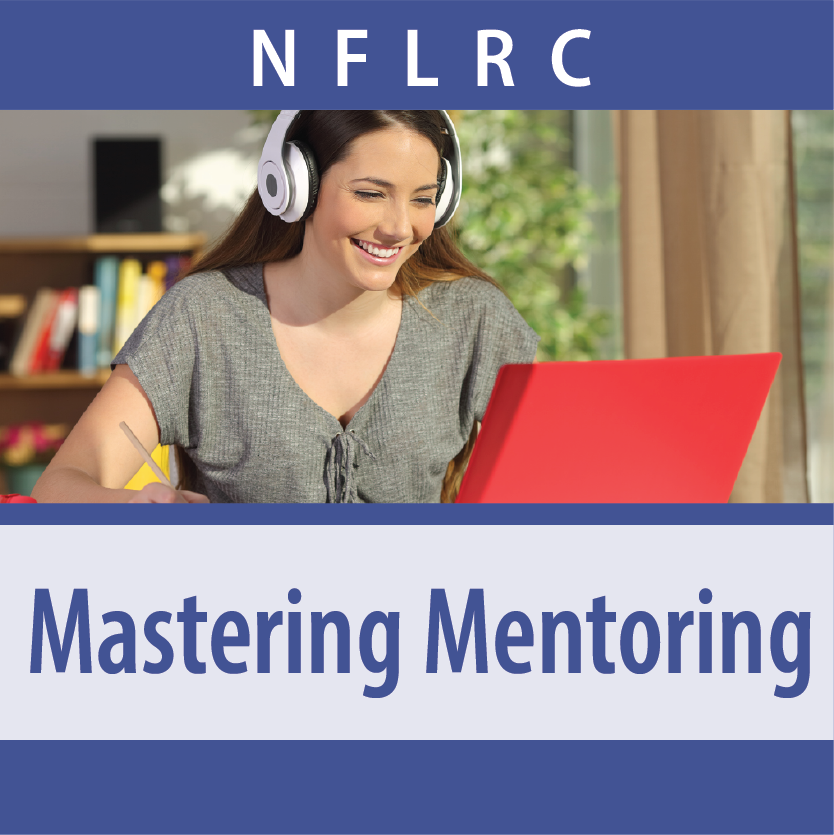The Mastering Mentoring: Conversations with Accomplished Mentors series provides a valuable resource, addressing, in particular, the needs of mentors participating in the ACTFL mentoring program. Drawing on interviews with experienced mentors of online language teachers, the six TED-Ed lessons illustrate strategies and provide useful tips for helping mentees achieve their goals. The lessons focus on the following key areas:

What’s in it for Mentors?
Six experienced language educator mentors reflect on the benefits of mentoring. They highlight gaining broader perspectives, drawing inspiration from new challenges, building problem-solving partnerships, and reciprocal learning from mentees. Mentors also discovered best practices, professional collaborations, and deeper insights into educational strategies.

Ground Rules for a Successful Mentorship
The mentors weigh in on ground rules and fundamentals of successful mentorships, including the importance of relying on provided resources, prioritizing authenticity, active listening, fostering trust, and ensuring transparent communication. They emphasize flexibility, professionalism, and mutual respect, as well as boundaries and balancing mentor and mentee needs and interests.

Logistics & Preparation
Preparation and organization can go a long way toward ensuring a smooth and beneficial experience for mentors and mentees alike. The mentors underscore the importance of viewing mentorship as a reciprocal learning opportunity and offer strategies for organization, using tools like spreadsheets and calendars. Preparation involves understanding the mentee’s background and goals.

Building Rapport
The mentors offer strategies for building rapport with mentees online, and recall impactful moments that resulted along their journeys. Recommended approaches include prioritizing synchronous Zoom meetings, allotting time for genuine check-ins, sharing stories to invite openness, and showing curiosity and interest in mentees’ experiences and backgrounds.

Addressing Common Challenges
The mentors share some of the challenges they ran into during their mentorships, including time management, impostor syndrome, and institutional cultures resistant to collaboration. They offer strategies for setting boundaries, locating resources, promoting a culture of openness, and overcoming self-doubt. The conversation highlights the depth and impact of genuine mentorship relationships.

Advice & Encouragement
The mentors look back on lessons they’ve learned, and offer advice for those newer to the role. Key takeaways include the utility of asking questions over providing immediate answers, recognizing each individual’s experience and perspective, establishing a two-way, non-hierarchical relationship, and viewing mentorship as a dynamic, enriching exchange akin to forming a new friendship.
Interviewees include Rainbow Bagsby (Arkansas Department of Education), Ellen Hart (North Carolina Virtual Public School), Hwai Lin (Castilleja School), Mariam Manzur-Leiva (New College of Florida – Sarasota), Lauren Rosen (University of Wisconsin), and Elu Tu (University of California, Santa Cruz).
Other NFLRC Mentoring Resources:

